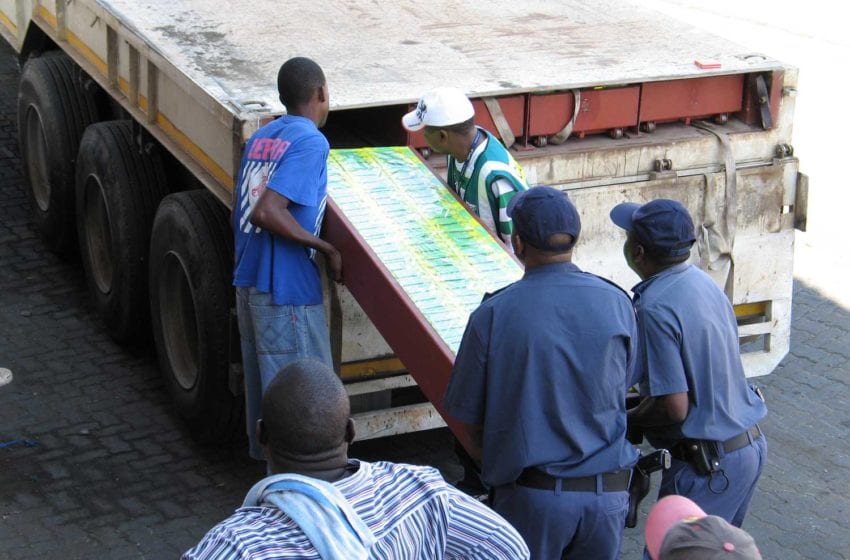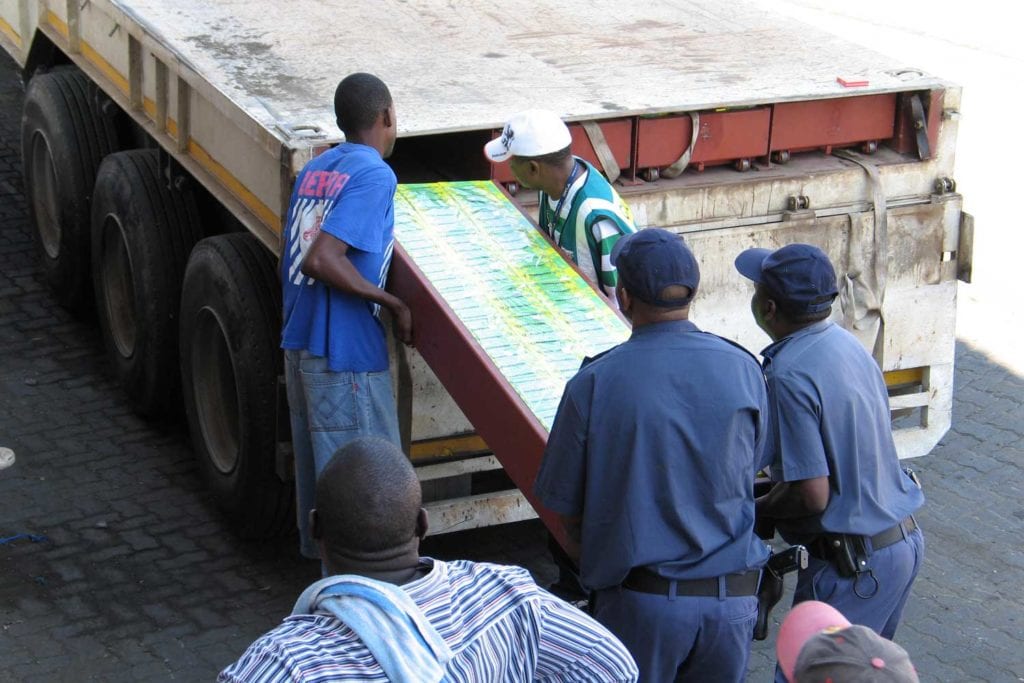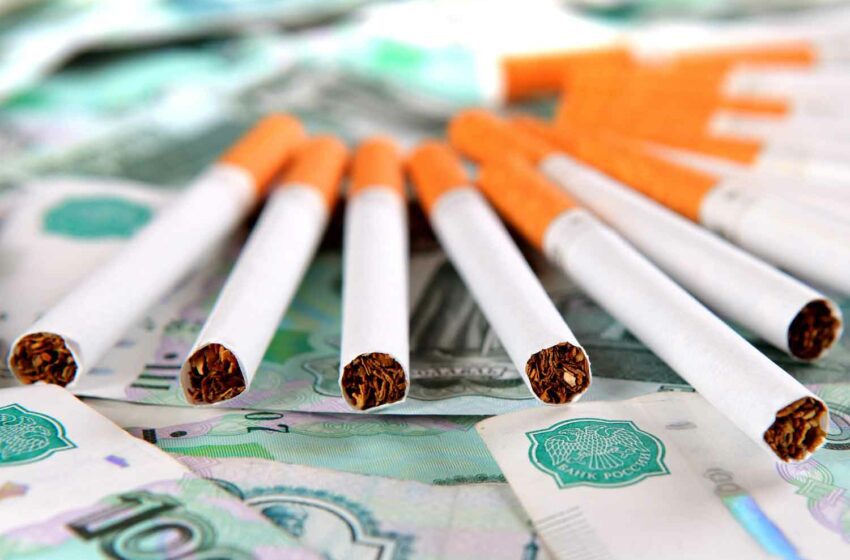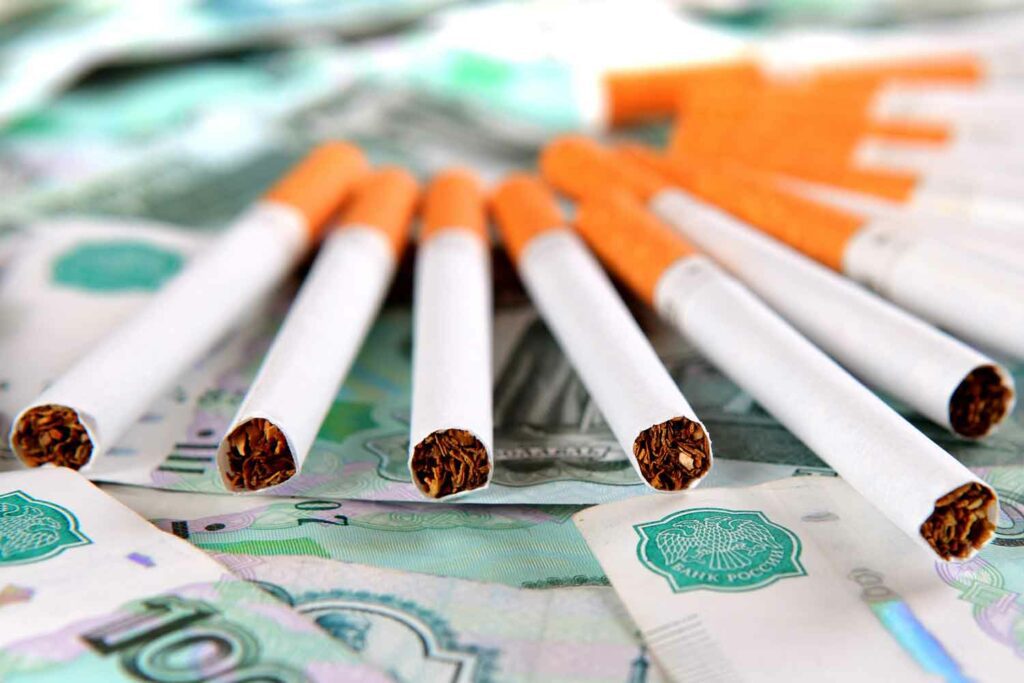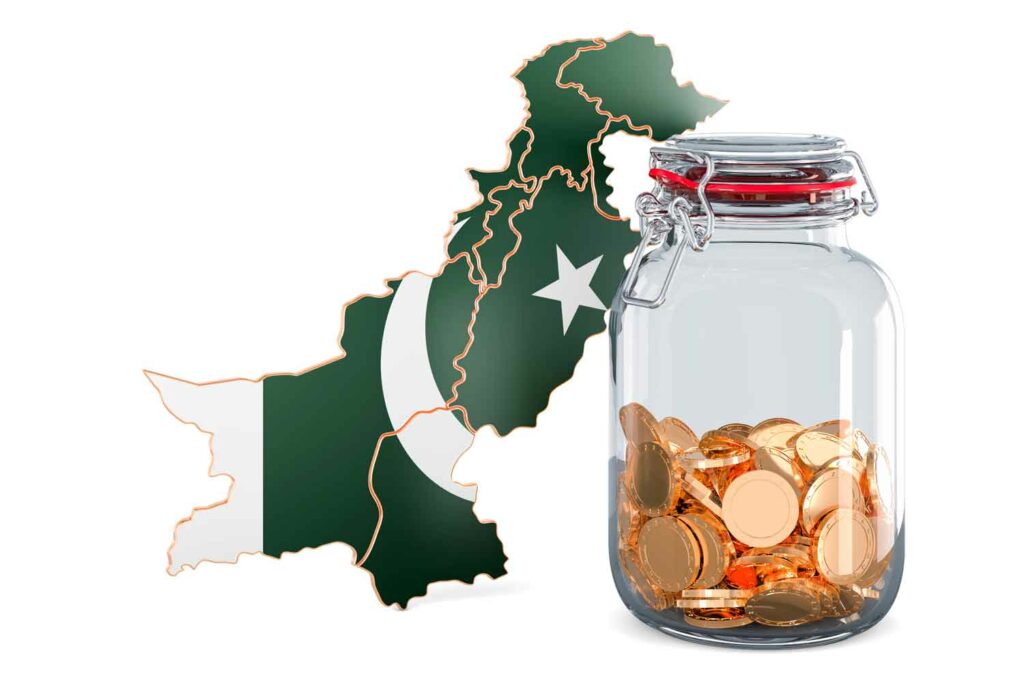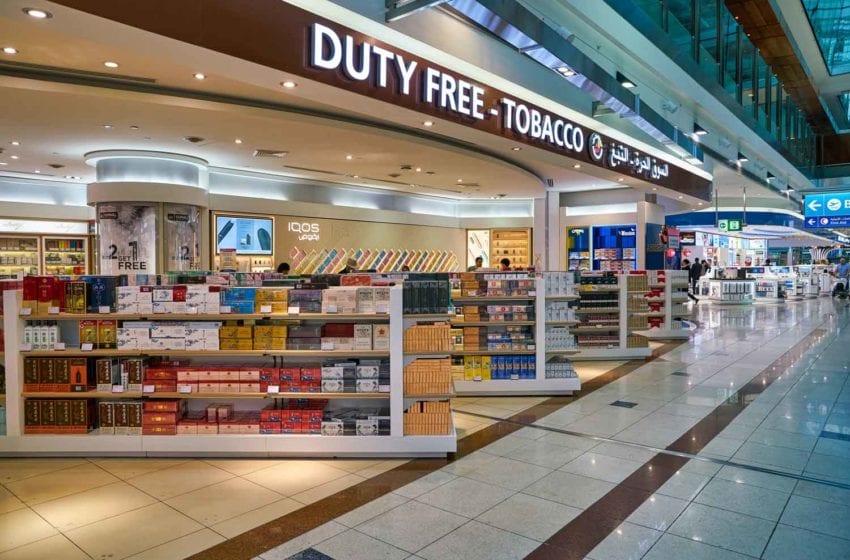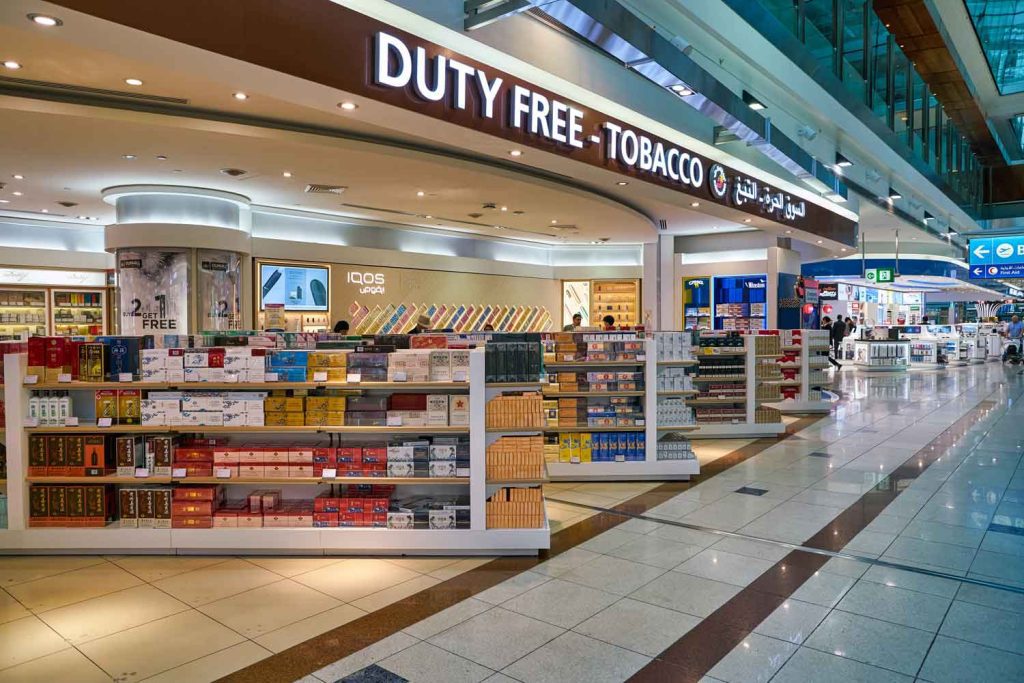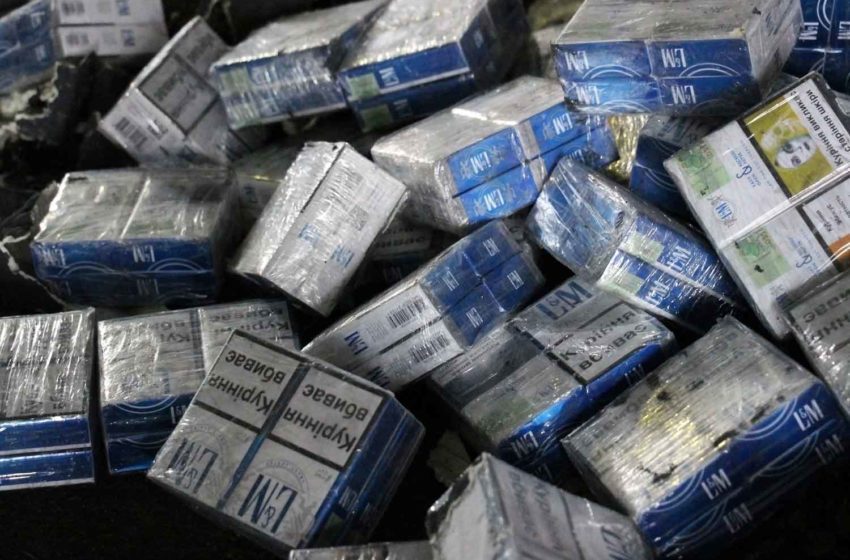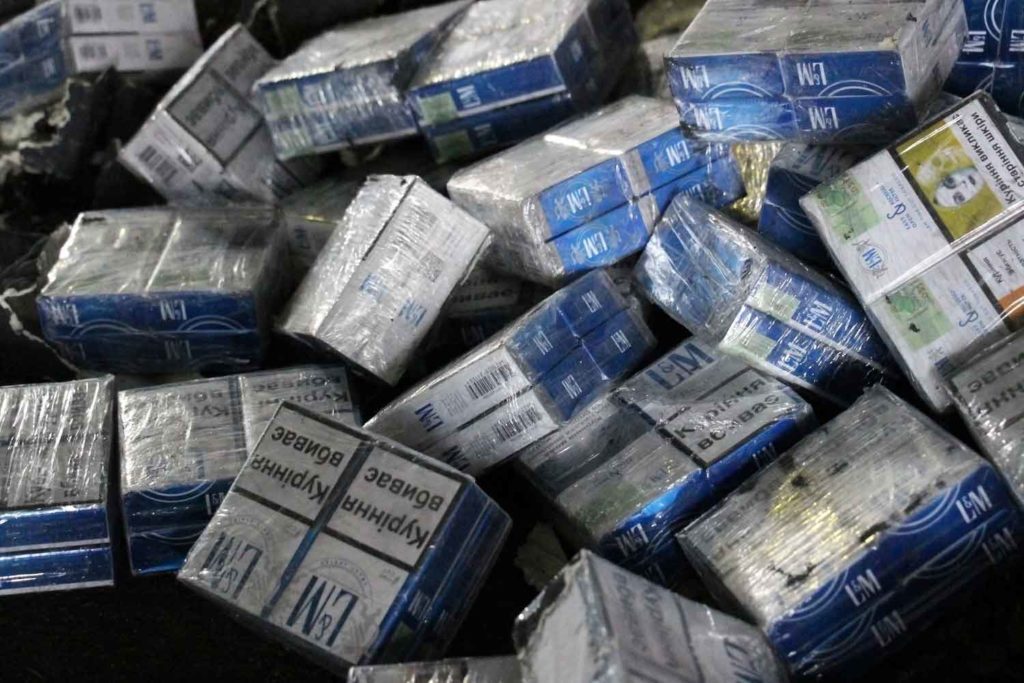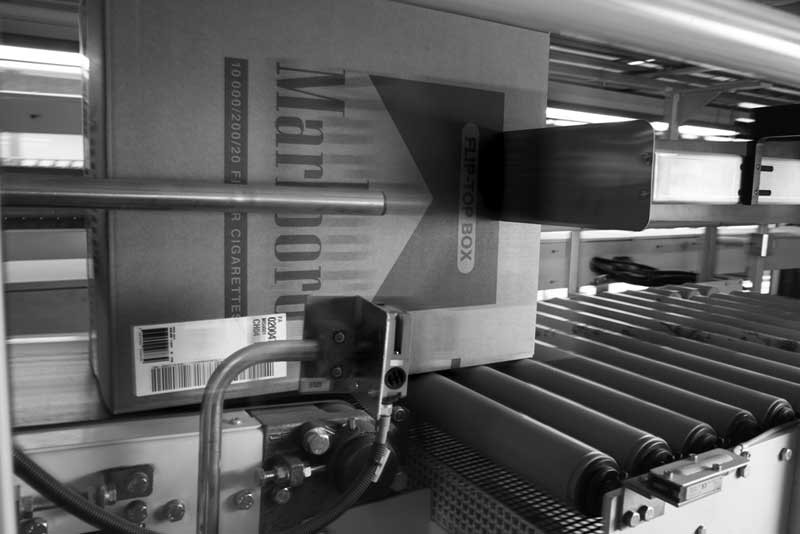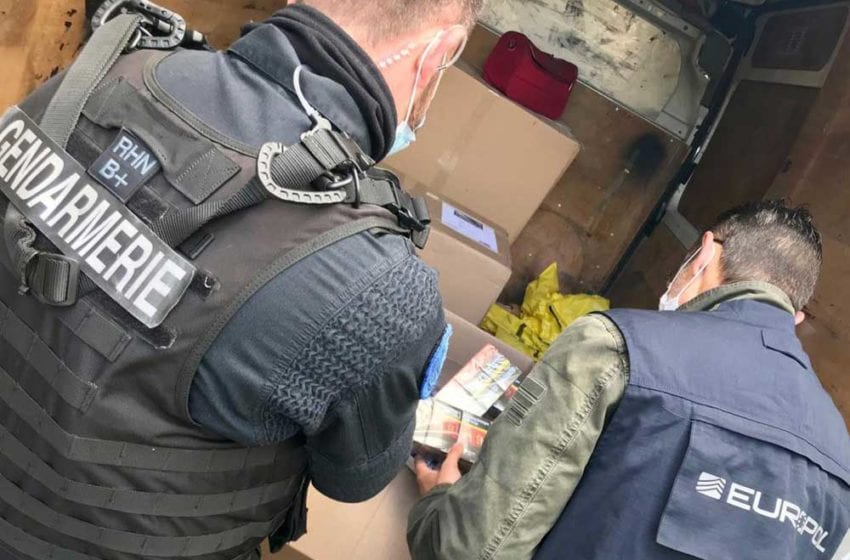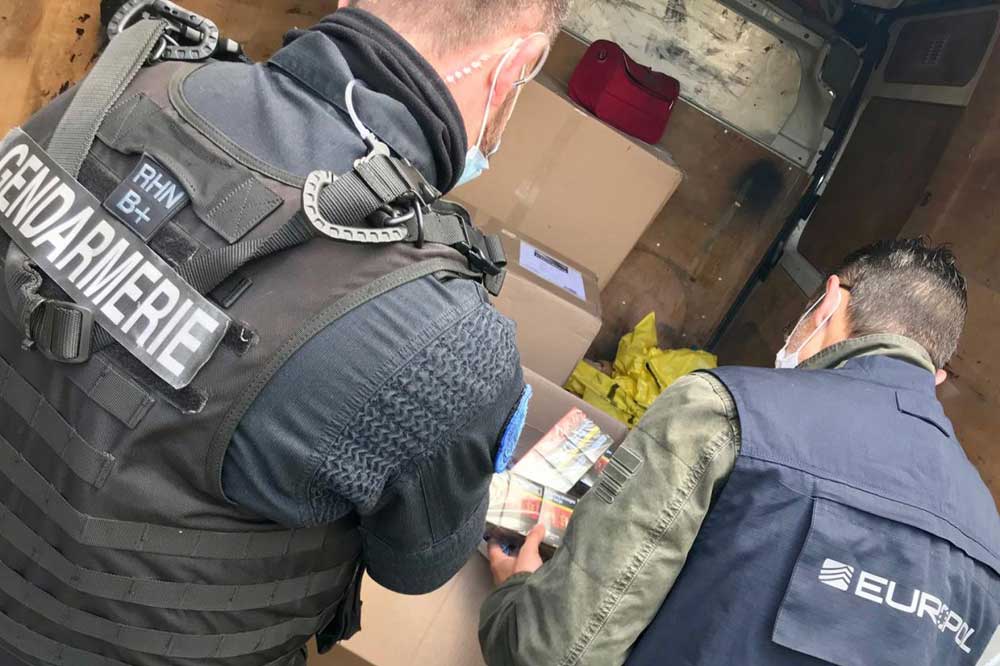
Philip Morris Pakistan Limited (PMPKL) has urged action against the growing presence of tax-avoiding products on the country’s tobacco market, reports The Express Tribune
In a media briefing, PMPKL Head of Communications Andleeb Uroos Ahmed said the company’s income had plunged by 86 percent in 2023. He attributed the decline to last year’s hike in Federal Excise Duty (FED), which doubled cigarette prices, and the subsequent escalation in market share of illicit products.
This condition has provided an ample opportunity for numerous local illicit cigarette manufacturers, notably in Khyber Pakhtunkhwa and Azad Jammu & Kashmir, to amass substantial market share while contributing minimally to national revenue, according to critics of the tax hike.
Illicit cigarettes now command a 63 percent market share, causing the exchequer to miss out on PKR310 billion ($1.11 billion) in tax collections annually.
While acknowledging government efforts such as the introduction of tax stamps, Ahmed expressed concern about lax enforcement.
Stressing the interests of tax-paying companies and government’s need for sustainable revenue, she suggested including tax-evading cigarette manufacturers in the tax net instead of burdening the legitimate industry with additional taxes.
By curtailing tax evasion, she calculated, the Federal Board of Revenue (FBR) can potentially boost revenue collection from the tobacco sector by more than $2 billion.
“The potential revenue, if realized, could significantly contribute to human development projects and public health initiatives in Pakistan, addressing critical areas where the country lags in human development rankings,” she added.
She said that anti-tobacco organizations have been misguiding the government by spreading misinformation about the revenue collection potential from the legitimate tobacco industry.


